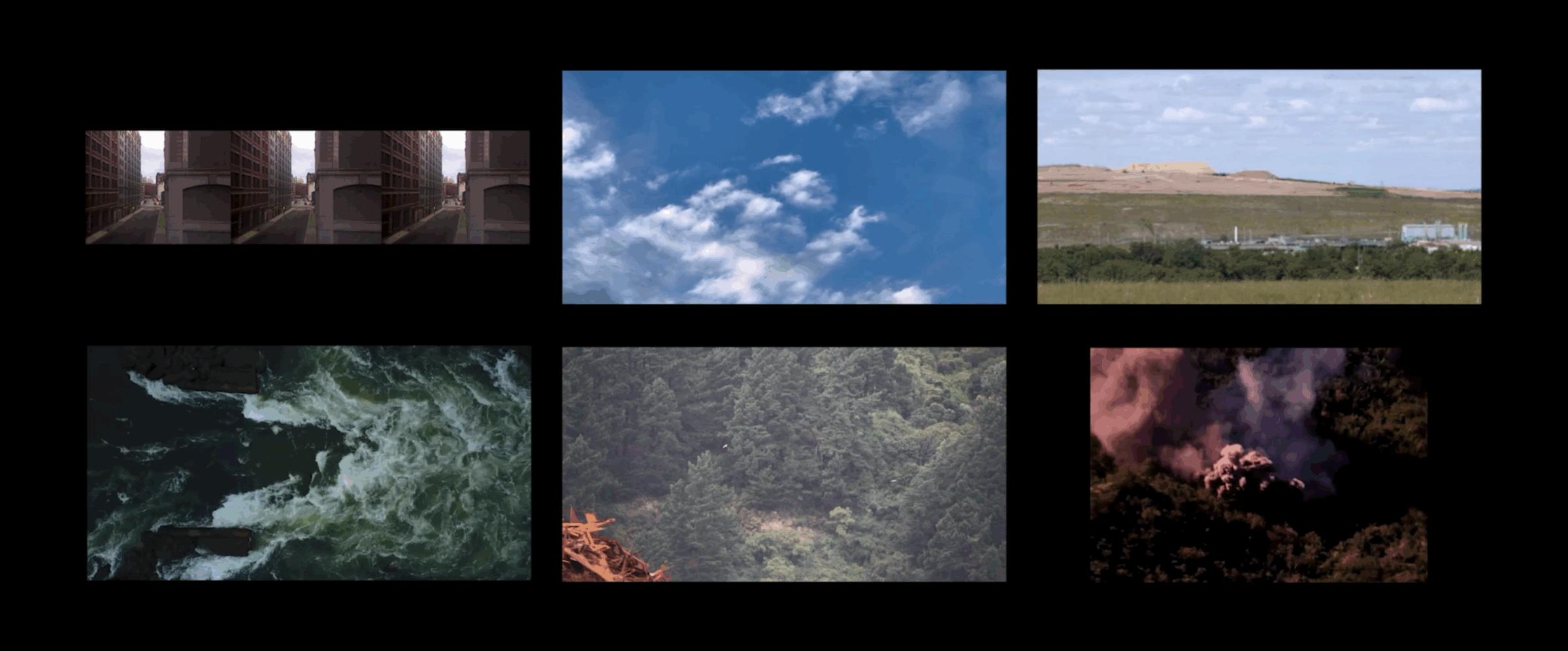Dodd Welcomes Three New Interdisciplinary Fellows

Published
September 30, 2019
Categories
Faculty News
Graduate Student News
This fall, the Dodd welcomes its 3 newest interdisciplinary fellows, pursuing degrees in Geography and English. Amy Bonnaffons, Sara Thomas Black, and Leanne Purdum will reside at the School of Art for the next academic year.
As part of its ongoing commitment to interdisciplinary inquiry, the Lamar Dodd School of Art invites graduate students from other disciplines to join its community of scholars and makers. Dodd Interdisciplinary Fellows are assigned private studio space within the School of Art and are expected to participate fully in the department’s intellectual life, fostering generative, cross-disciplinary exchange. Each year the School of Art accepts applications from graduate students working in any discipline at the University of Georgia. Fellows are chosen on the basis of their academic and creative excellence and the interdisciplinarity of their current research.
Amy Bonnaffons
Amy Bonnaffons is a writer originally from New York, currently living in Athens, GA. Her story collection THE WRONG HEAVEN was published by Little, Brown in 2018, and her novel THE REGRETS is forthcoming from Little, Brown in 2020. Amy’s writing has appeared in publications such as The New York Times, The Wall Street Journal, Kenyon Review, The Sun, and The Literary Review, and her short story “Horse” was performed on NPR’s This American Life in 2017. Amy is a co-founding editor of 7×7.la, a journal publishing collaborations between writers and visual artists. She holds an MFA in Fiction Writing from New York University, where she taught in the Expository Writing Program for four years before coming to UGA to pursue her PhD in English.
Her research interests include gender and sexuality, whiteness and critical race studies, and comics and visual literature.
Sara Thomas Black
Originally from Birmingham, Alabama, Sara Thomas Black currently lives back and forth between Hudson, New York and Athens, Georgia. Since 2010, she has been an active organizer in anti-racist, climate justice, and food justice communities in Georgia and New York, and at regional and national scales. These include the Sierra Student Coalition, the Real Food Challenge (now Uprooted & Rising), the Southern Energy Network, the Greenhorns, the Athens Immigrant Rights Coalition, SURJ Hudson, and others. Before applying to graduate school, she organized with the Victory Bus Project, a service providing fresh produce and prison-visit transportation for people in New York City with loved ones incarcerated upstate. She also worked for the National Young Farmers Coalition as a fundraiser, legislative organizer, and co-developer of an overdue anti-racist and equity framework. She has worked as a server, line cook, bread baker, landscaper, farmer, and non-profit strategist. These days, she moonlights as an amateur professional wrestler with Southeastern Women’s Wrestling, as Swiss Miss.
Black studies contemporary social movements, intersectionality in the United States, using decolonial, feminist, and black geographic thought. This has translated into interrogating how geographies imposed by racial capitalism (prisons, plantations, suburbs, etc.) configure political imaginations, and vice versa: how people can reconfigure, renegotiate, redefine their places.
Leanne Purdum
Leanne Purdum is currently finishing her dissertation on the US detention system and immigration policing. She examines interplay of discourses of care and violence found in policies, debates, news, and in the physical structures and actions of immigration policing. She spends much of her time writing, lecturing about immigration issues, and participating in local immigration activism. She spends her free time with Pandora the House-cat, cooking, tending to plants, or going for walks.
Purdum studies and teaches about the criminalization of migration and the social construction of “illegality” that dominates current discourse and immigration policy. Her goal is to use critical approaches to human rights, humanitarianism, and law to think through US immigration policies and the violence of detention and deportation. Her dissertation research stems from volunteer work as a legal advocate in the South Texas Family Residential Center, a “family” detention center in Dilley, Texas. She considers the family detention center, and lawsuits over licensing them as “child-care facilities”, as a case study to contribute to broader discussions of rights, refugees, and migration, and to understand the spread of structures and procedures that perpetuate worldwide detention regimes.





